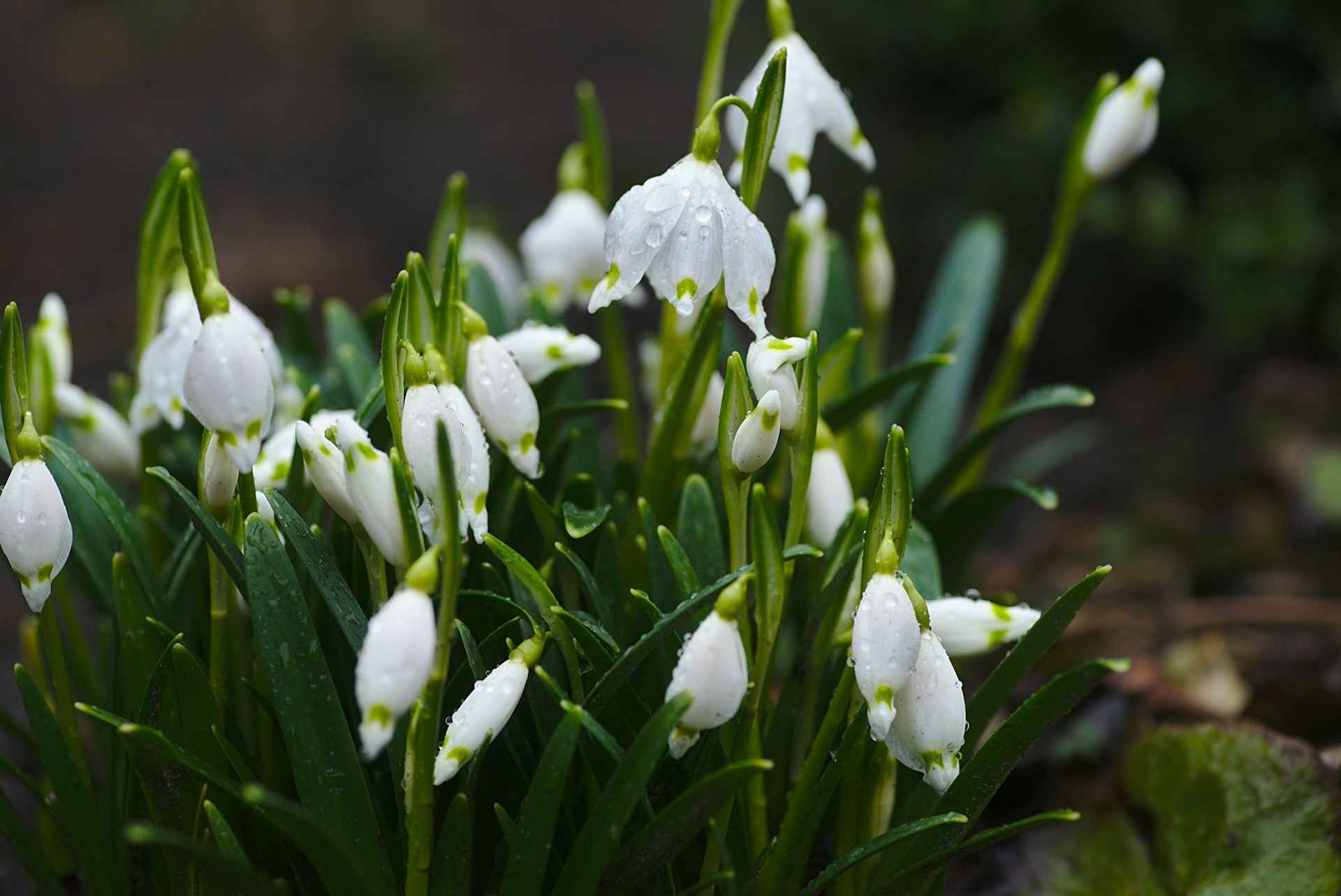Understanding the Power of Habits: Formation and Impact
Who we become is a subtotal of our daily habits. How we choose to live our lives and define who we are is determined by those things we do almost automatically. Habits can be defined as behavior acquired through repetition and happen subconsciously, meaning we do not put any thought into it. Most times we are not aware of what it is we are doing or how it is contributing to our welfare and our lives in general. For us to recognize the power that habits have on our lives, we need to clarify for ourselves which ones we have and whether they are serving us. Carl Jung is quoted to have said, “Until you make the unconscious conscious, it will direct your life and you will call it fate.” In this statement, he makes the point that habits influence our lives. This influence can either be negative or positive. The hope is that if we are conscious of our them, we give ourselves the ability to continue with those that serve us and whom we want to become and start letting go of those that are distracting. How do habits form? In his book, Atomic Habits, James Clear says, “Success is the product of daily habits, not once-in-a-lifetime transformations.” Our habits are formed and reinforced by what we choose to do each day. The formation of habits is a three-step process according to the Power of Habit, as described by Charles Duhigg (2012). A habit is etched in our neuropathways due to this three-step process called the habit loop. It starts with a cue, then a routine, and finally a reward. Below is a simpler explanation of how this works: Cue This is the first part of habit formation. A cue is a trigger that prompts us into [...]




